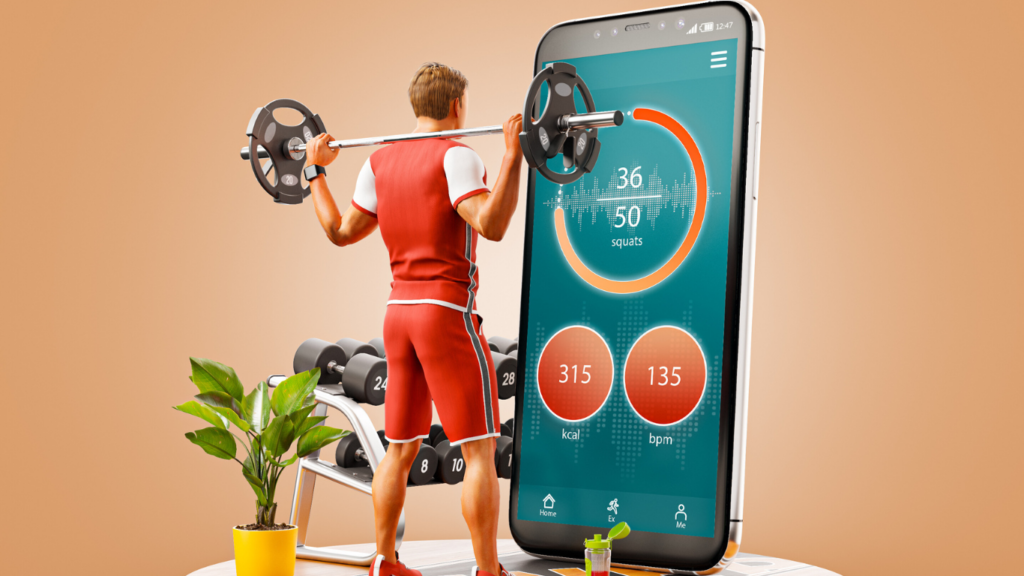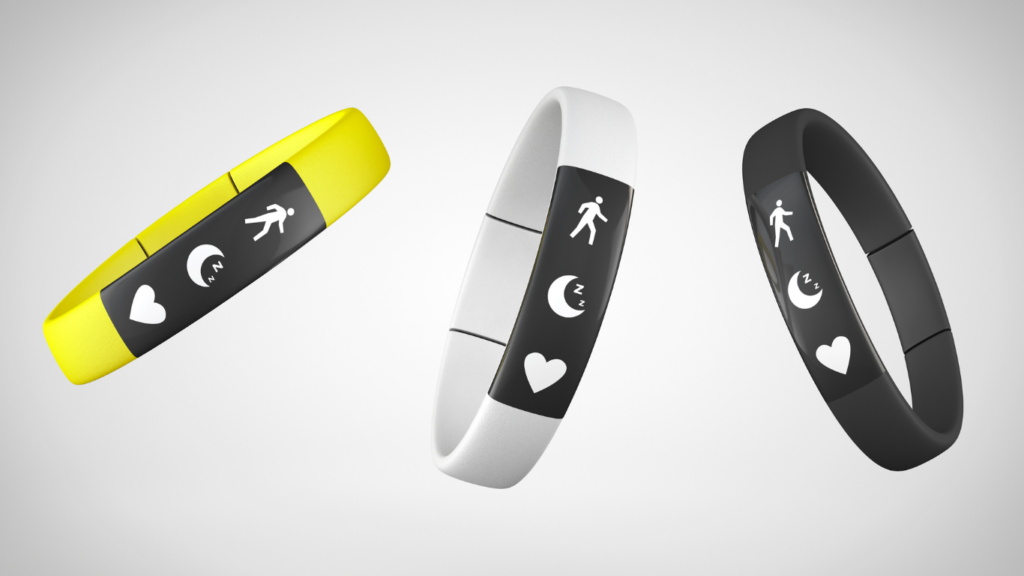The Role Of Technology In Modern Athletics
Technology transforms how athletes train, compete, and recover. Devices and apps provide data-driven insights, enabling precise performance analysis and tailored improvements.
Tracking performance metrics is a cornerstone of modern training. Tools like GPS watches and wearable sensors measure pace, distance, and biomechanics. These insights guide adjustments to technique or intensity for optimal outcomes.
Recovery technology minimizes downtime and reduces the risk of injuries. Compression gear, percussive therapy devices, and smart recovery apps monitor and enhance post-training recovery. Faster recuperation leads to sustained performance consistency.
Data analysis enhances decision-making during training and competition. Platforms analyzing video footage or biometric data identify weak points or inefficiencies. By addressing these, athletes gain a competitive edge.
Communication tools foster collaboration among athletes, coaches, and medical teams. Real-time data sharing via apps allows seamless integration of training plans, performance tracking, and health monitoring for comprehensive support.
Mobile Apps Designed For Athletes
Mobile apps serve as essential tools for athletes seeking to optimize their performance. These apps provide advanced insights, customized routines, and tracking features that cater to specific athletic needs.
Fitness Tracking Apps
Fitness tracking apps assist athletes in monitoring essential metrics like:
- distance
- speed
- calorie burn
Apps like Strava and Nike Run Club help map routes, log training sessions, and analyze performance trends. They integrate with wearables to deliver real-time updates and sync data for a comprehensive workout view. Some platforms include community features, enabling users to engage in challenges and stay motivated.
Nutrition And Diet Apps
Nutrition and diet apps support athletes in planning meals based on dietary requirements. MyFitnessPal and Cronometer let users track macronutrients, calorie intake, and hydration. They tailor meal plans for goals such as muscle gain or weight management. Integration with fitness trackers ensures athletes can align their nutrition with training intensity, providing a balanced approach to performance enhancement.
Mental Wellness Apps
Mental wellness apps focus on improving focus, reducing stress, and increasing resilience. Headspace and Calm offer guided meditation and breathing exercises tailored to athletes’ high-pressure environments. Platforms like Happify use evidence-based activities to enhance positivity and mental clarity. These tools contribute significantly to maintaining peak mental states during training and competition.
Wearable Technology For Performance Enhancement

Wearable technology has transformed how athletes enhance their performance through precise data tracking and real-time feedback. These devices support training optimization, injury prevention, and recovery improvements.
Fitness Trackers And Smartwatches
- Fitness trackers and smartwatches provide detailed insights into activity levels, calories burned, and sleep quality.
- Devices like the Garmin Forerunner and Apple Watch integrate GPS tracking, step counts, and advanced workout statistics to measure performance trends.
- With features like VO2 max estimation and recovery time guidance, they help athletes tailor their training plans for continuous progress.
Heart Rate Monitors
Heart rate monitors, such as those by Polar and Wahoo, allow athletes to maintain optimal intensity zones during workouts. By tracking heart rate variability, they enable recovery assessments and stress level evaluation. Chest strap monitors offer higher accuracy compared to wrist-based options, making them ideal for endurance athletes. Data syncing capabilities ensure seamless analysis through companion apps and platforms.
Smart Clothing And Footwear
Smart clothing and footwear incorporate sensors to gather biomechanics data. Brands like Hexoskin and Under Armour provide garments embedded with trackers for metrics like breathing rate, muscle activity, and posture. Smart shoes, such as those by Nike and Adidas, measure stride length and ground contact time, aiding in refining running form. These wearables ensure that every movement is analyzed for maximum efficiency.
Advanced Gadgets For Specialized Training
Athletes often benefit from advanced gadgets tailored for their specific training needs. These cutting-edge tools enhance precision, recovery, and overall performance.
GPS Devices For Runners And Cyclists
GPS devices provide accurate tracking for distance, speed, and elevation. Devices like the Garmin Edge series and Wahoo Bolt cater specifically to cyclists. They offer real-time navigation, route planning, and performance metrics. Runners use tools such as the Garmin Forerunner and Polar Vantage to monitor pacing, cadence, and stride length. These devices integrate with mobile apps, enabling detailed post-workout analysis.
Recovery Tools And Devices
Recovery gadgets optimize muscle repair and reduce fatigue. Percussion therapy devices like the Theragun and Hypervolt improve blood circulation and alleviate soreness. Compression boots, such as those from NormaTec, enhance lymphatic drainage to accelerate recovery. Cold therapy innovations like the Recoup Cryosphere target inflammation and speed healing. Smart recovery mats, like Hyperice Venom, combine heat and vibration for focused relief.




